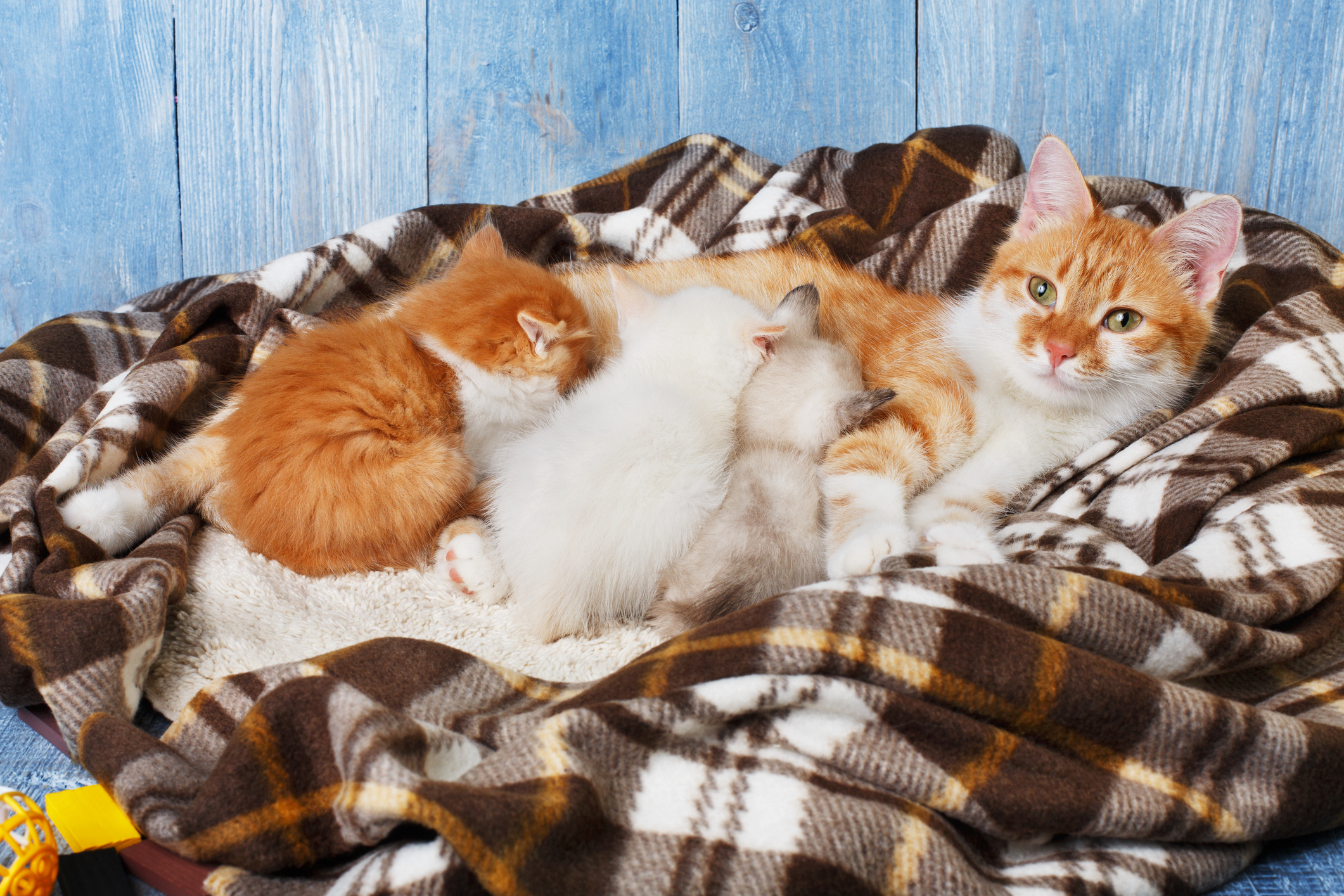Understanding Cat Pregnancy
Identifying whether your cat is pregnant can be challenging, especially for first-time cat owners. This guide will walk you through the signs, symptoms, and steps to confirm your cat’s pregnancy. We will also provide tips on how to care for your pregnant cat to ensure a healthy and smooth pregnancy.
Early Signs of Cat Pregnancy
Behavioral Changes
One of the earliest signs of pregnancy in cats is a noticeable change in behavior. You may observe the following:
- Increased Affection: Pregnant cats often become more affectionate and seek out more attention from their owners.
- Nesting Behavior: Your cat may start looking for quiet, secluded places to prepare for giving birth.
Physical Changes
Several physical signs can indicate that your cat is pregnant:
- Swollen Nipples: Around three weeks into the pregnancy, your cat’s nipples will become more prominent, pinker, and slightly swollen.
- Weight Gain: Pregnant cats will gradually gain weight, with most of the gain occurring in the abdomen.
Mid-Pregnancy Indicators
Abdominal Enlargement
As the pregnancy progresses, you will notice a significant enlargement of your cat’s abdomen. This change typically becomes apparent around the fourth or fifth week of pregnancy.
Increased Appetite
A pregnant cat will require more nutrients to support the growing kittens, leading to an increased appetite. Ensure you provide a high-quality, nutrient-rich diet to meet her needs.
Confirming Cat Pregnancy
Veterinary Examination
To confirm pregnancy, it is best to visit a veterinarian. The vet can perform several tests:
- Palpation: Around the 20th day of pregnancy, a vet can feel the developing fetuses through the cat’s abdominal wall.
- Ultrasound: This method can detect pregnancy as early as two weeks and can also estimate the number of kittens.
- X-ray: An X-ray can be performed after the 40th day to determine the number of kittens more accurately.
Home Observation Tips
While veterinary confirmation is crucial, you can also monitor your cat at home for further signs of pregnancy. Look for the following:
- Increased Sleeping: Pregnant cats tend to sleep more as their bodies are working harder to support the developing kittens.
- Changes in Coat Condition: Some cats may experience a shinier, healthier coat due to hormonal changes.
Stages of Cat Pregnancy
First Stage: Conception to Three Weeks
During the first three weeks, you may not notice significant changes apart from the early signs mentioned above. It is crucial to maintain a regular feeding schedule and avoid any stressful situations for your cat.
Second Stage: Three to Six Weeks
This is when the physical signs become more noticeable. Your cat’s abdomen will start to enlarge, and her appetite will increase. It is essential to provide a balanced diet to support her nutritional needs.
Final Stage: Six to Nine Weeks
In the final stage, your cat will prepare for labor. You will observe nesting behavior more frequently, and her body will become more rounded. Ensure that she has a comfortable, quiet place to give birth.
Caring for Your Pregnant Cat
Nutrition and Diet
Provide high-quality kitten food, as it contains the necessary nutrients for both the mother and the developing kittens. Fresh water should always be available.
Comfortable Environment
Create a quiet, stress-free environment for your cat. Provide a nesting box lined with soft blankets where she can rest and eventually give birth.
Regular Veterinary Check-Ups
Schedule regular check-ups with your vet to monitor the health of your cat and her kittens. Follow your vet’s advice on supplements or any additional care needed.
Preparing for Birth
Recognizing Labor Signs
As the due date approaches, watch for signs of impending labor:
- Restlessness: Your cat may pace around and appear restless.
- Vocalization: Increased meowing or other vocalizations can indicate discomfort or the onset of labor.
- Drop in Temperature: A cat’s body temperature will drop slightly 12-24 hours before giving birth.
Assisting with Delivery
Most cats can give birth without assistance, but it is essential to be prepared:
- Keep Supplies Handy: Have clean towels, sterile scissors, and a bulb syringe ready in case you need to assist.
- Know When to Call the Vet: If labor lasts more than 24 hours or there are complications, contact your veterinarian immediately.
Conclusion
Understanding the signs and stages of cat pregnancy is crucial for ensuring the health and well-being of both your mommy-to-be and her kittens. By providing proper care, nutrition, and a stress-free environment, you can help her have a safe and healthy pregnancy 😉
Yours in Paws,
The PawPaw Team

